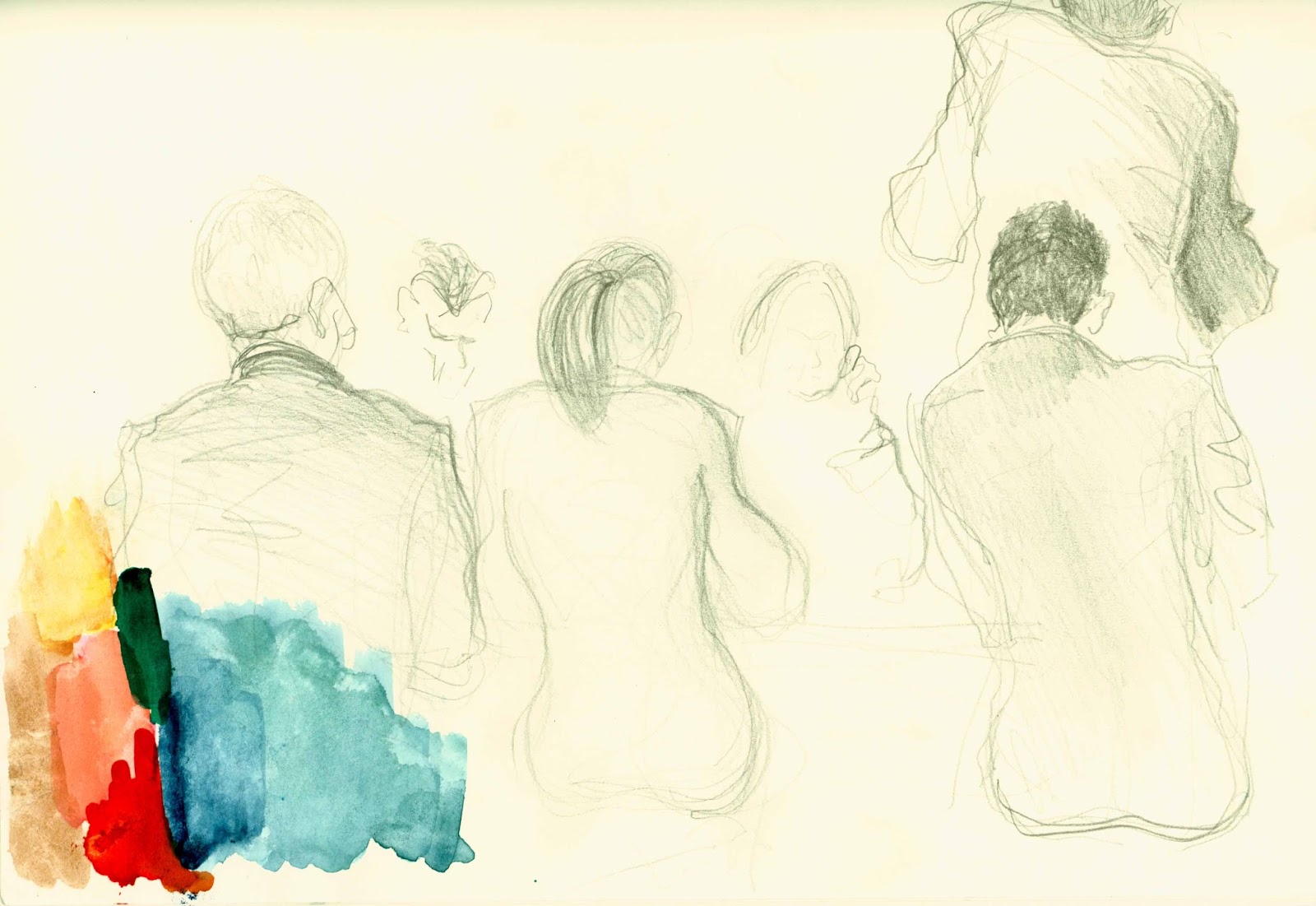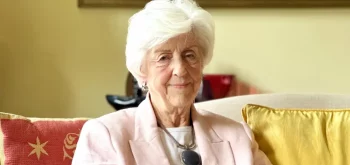There will be no extra money in the government’s proposed £135m to be invested in the legal aid scheme for lawyers specialising in either prison law advice or criminal appeals on behalf of the victims of miscarriages of justice.
The Ministry of the Justice announced last week that it would accept Sir Christopher Bellamy’s independent criminal legal aid review and backed a 15% uplift for ‘most schemes’ amounting to an additional £115 million a year into the scheme plus a further £20 million a year for longer term investment. ‘Overall, this will increase our investment in criminal legal aid by an additional £135 million a year in line with Sir Christopher’s recommendations,’ the MoJ said in its official response.
The proposals do not seem to have appeased barristers planning industrial reaction. Yesterday, chair of the Criminal Bar Association Jo Sidhu QC, pointed out that the 15% hike was described by Sir Christopher as the ‘minimum necessary’ as opposed to ‘an opening bid’. The response from the government had been ‘underwhelming’, Sidhu argued in his weekly Monday Message. ‘Indeed, on one view, it betrays a wholesale failure to recognise the severity of the crisis currently engulfing our criminal justice system and the urgency needed to address that huge challenge.’
By contrast, the solicitors’ professional body, the Law Society described the government’s response a ‘welcome relief’. ‘The Law Society and many others have been calling for investment for many years, and finally our concerns are being heard,’ said the group’s president I. Stephanie Boyce. ‘This investment represents a welcome first step towards repairing our criminal justice system and ensuring defence solicitors are available when any of us may need them.’
The legal aid review received evidence that fees for applications to the Criminal Cases Review Commission (CCRC) were ‘low’ and firms had been abandoning criminal appeals work for years. The CCRC told Sir Christopher that only about 10% of the applications were from legally-aided defendants compared with one third in 2008. Further research published by academics at Sussex University last year found that four out of 10 defence lawyers were no longer prepared to undertake publicly-funded work on applications to the miscarriage of justice watchdog. The MoJ however claimed that they did ‘not have sufficient evidence’ that legal aid lawyers were ‘disincentivised’ by the current fee scheme. ‘We would like to seek views from providers on the prohibitive challenges relating to this work,’ it added.
Sir Christopher’s review found that prison law cases were ‘complex’ and the fixed fee model did not adequately reflect this complexity and highlighted the vulnerability of prisoners and problems with client access. However the MoJ has ruled out an uplift in prison law fees in line with increases elsewhere. Referencing a submission from the Howard League for Penal reform that workload was ‘high’ in prison cases and fixed fees ‘did not pay fairly’, the MoJ tentatively suggested ‘a data-gathering exercise’ to look at possible reform on ‘a cost neutral basis’.
The government’s response noted that the pandemic had led to ‘an accelerated roll out’ of technology to support remote hearings across all jurisdictions and indicated that this could become a permanent fixture despite concerns about its impact on the vulnerable. The MoJ pointed out 70% of all courtrooms are now equipped with the appropriate technology ‘enabling up to 20,000 cases to be heard virtually every week at the height of the pandemic’. ‘We are keen to understand the impact this has had on the criminal justice system,’ it said. ‘Separately from this consultation, we are considering further increasing video capacity in prisons, developing joint plans for direct bookings of calls to improve administration, and engaging with defence practitioners to maximise use of available capacity.’
The legal aid review highlighted the low uptake of legal advice by suspects in police custody and, in particular issues, the low take up up by young ethnic minority suspects who have lower levels of trust in the criminal justice system. ‘At present, an individual in police custody has to “opt in” and ask for this advice, which means that often those who need legal advice the most do not receive it,’ the MoJ said. ‘This is likely to impact ethnic minority individuals especially given their significant overrepresentation in arrest rates.’ The MOJ is supporting police forces trialling the ‘presumption’ of legal advice and, in other words, the police would ‘automatically “opt-in” a child to receive independent advice unless they expressly refuse’.







